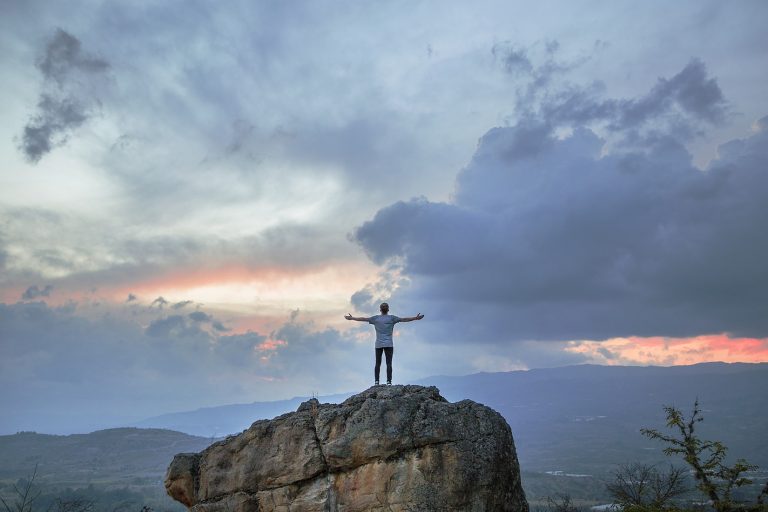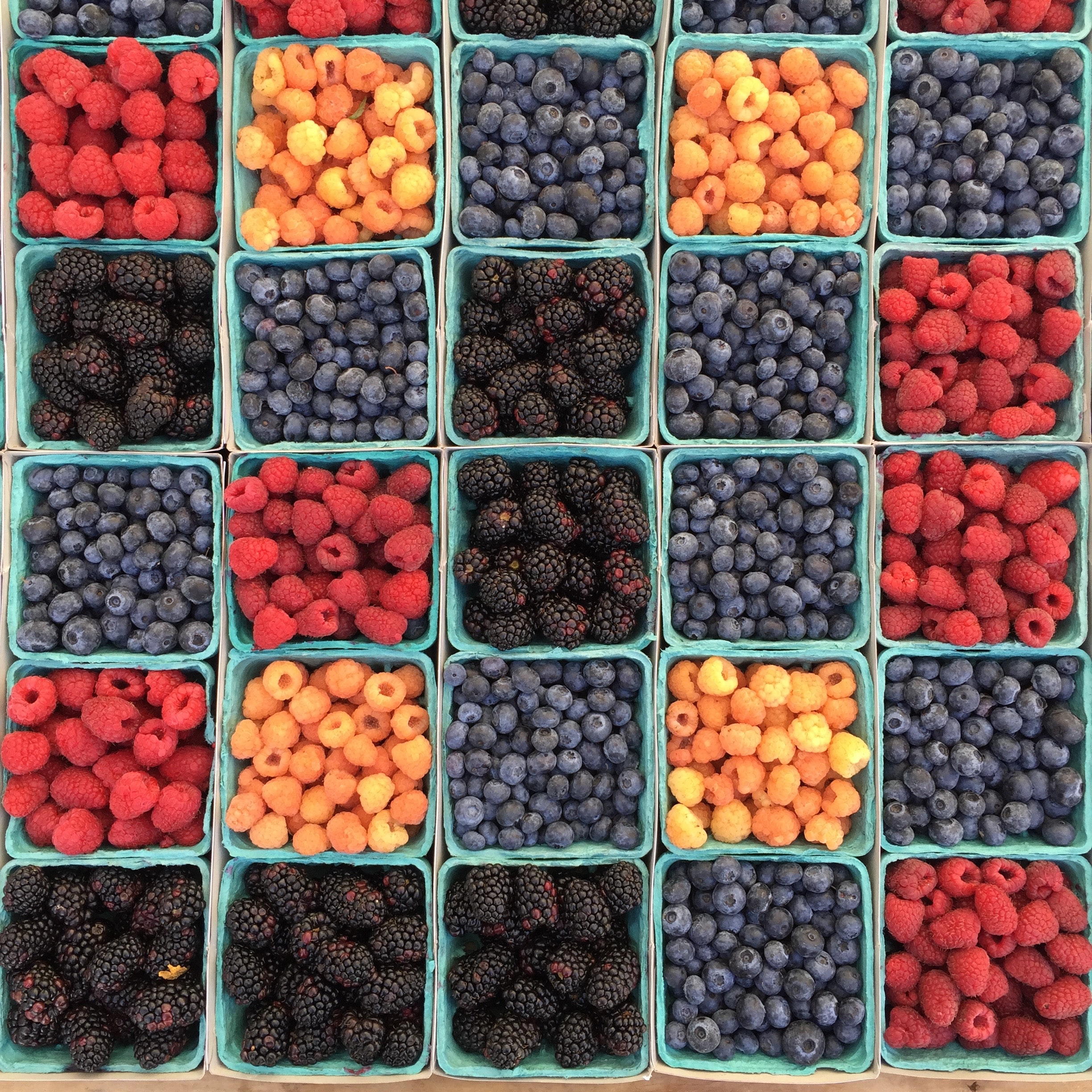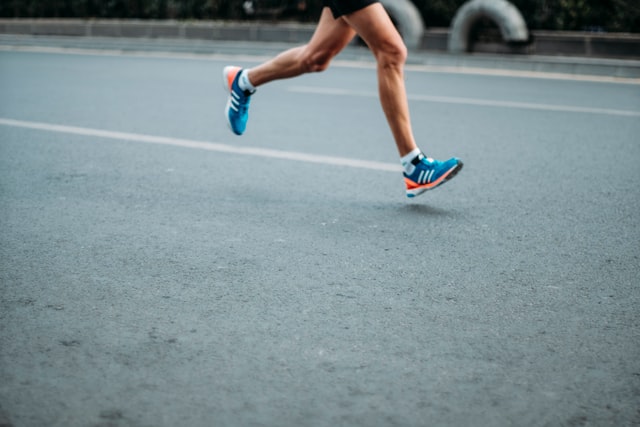
Written by: Brendan B., Readout Health Intern
The Coronavirus pandemic has affected almost every single person in the world either directly or indirectly over these past weeks. Some people contracted COVID-19, while others know of family members or friends who have contracted it, but no matter what, our lives have changed.
Quarantine does not have to be an endless cycle of binging Netflix and boredom, rather it can be a time where we reflect inwards and make changes to our lifestyles and overall health that were much needed.
Lifestyle Changes While Self-Isolating
On March 6th, I packed up my bags to go on my first ever college spring break. That week was supposed to be the best week of my life. That week was supposed to be a week of soaking in the sun, laying on the beach, and enjoying time with my friends. Then, overnight, everything was canceled, and all of a sudden I was being told I had to move out of my dorm room in two days’ time and would not be returning to complete the rest of the semester.
I didn’t really have a clue of what was happening or what the next few months of my life would look like, but I never expected it to be like what actually happened. When COVID-19 social restrictions were enacted in St. Louis, I thought it was just a precaution, but it was only the beginning.

Day by day restrictions slowly became more and more strict until it was only my Dad who was allowed to leave the house for groceries. I didn’t think much of it. At the time, I was struggling through online classes and just living a typical, unhealthy teenage life. I was waking up at noon, eating cereal and waffles for breakfast, laying in bed all day going from zoom calls to Netflix, all while snacking on some sugary snacks. Every day began to feel longer than the last, especially due to the fact that leaving the house was no longer an option I had.
I had stopped the occasional jog or walk outside and instead traded it for video games and TV. So what? This was quarantine, I couldn’t do much anyway. After a few days, reports slowly started rolling in of cases being identified in St. Louis, but I never felt that I could be in any real danger. I was a fairly healthy 19 year old boy who played sports in high school and was naturally athletic. The thought of contracting COVID-19 and how this virus could affect my health never crossed my mind.
“I was too naive to seriously think about my health, and how I could prevent myself from developing serious medical conditions by changing my lifestyle.”
Brendan B., 19
I never thought about the fact that I was pre-diabetic and how that could affect my response to the virus if I contracted it. I was too naive to seriously think about my health, and how I could prevent myself from developing serious medical conditions by changing my lifestyle.
How COVID-19 Affected My Health
The days passed and I was anxious for the restrictions to be lifted, but then I started coughing, feeling a tightness in my chest, and finally, I woke up in the middle of the night soaking in sweat; I had just broken a fever. We had no idea how I could have contracted the virus, especially when no one I knew had it. I hadn’t left the house in days and hadn’t been exposed to new people. I kept feeling worse, and the next day we called the COVID hotline and got tested a few days later.
While waiting for the results, the rest of my family also started experiencing the same symptoms as me, but worse. My parents are close to 60 now and live a fairly sedentary life, so we were very worried about their health as they were at risk of higher mortality rates from COVID-19.
Over the next few days, we all slowly started deteriorating; my dad lost his sense of smell and taste, my mom walked around the house in a blanket because she was freezing all the time, and I struggled climbing the stairs just to get to my room. This overwhelming weakness was so scary for me because I had never experienced problems with my endurance or strength.
“The following days were brutal; nobody left their rooms unless they had to get water or food from the kitchen. Interactions between me and my family were now limited to run-ins in the kitchen or bringing them our daily DoorDash meals, dropped off at the front door.”
Brendan B., 19
Sure enough, test results came back in a few days and we all officially had COVID-19. It wasn’t until this moment that I gave my health any doubt. Thinking of how I’d been disregarding my health in the weeks prior to my COVID-19 diagnosis didn’t calm my nerves either. I didn’t know how this would affect me or my family in the short-term or the long-term, or if there would even be a long-term.
The following days were brutal; nobody left their rooms unless they had to get water or food from the kitchen. Interactions between me and my family were now limited to run-ins in the kitchen or bringing them our daily DoorDash meals, dropped off at the front door.
I went from playing cards and having dinner with my family every night, to having little conversation with anyone. I hated it. The extreme uncertainty surrounding the virus and our health was what drove me insane and ultimately led me to look at the research that medical professionals and others had gathered during the pandemic.
Reflecting On My Health Post COVID-19
As a Computer Science major, I am naturally a data-driven person, so I turned to the real data for answers. While looking up data, figuring out fact versus fiction, I came across a fact that made me nauseous. Diabetes, obesity, age, asthma, and more were in the category for “Groups at Higher Risk for Severe Illness”. At that moment, I decided I wanted to make a change in my lifestyle.
Before COVID-19, I never thought about my health as something to worry about. I reflected on my first year at college and how I never made enough time for exercise or eating healthy food; rather, I chose the easy way out, loading my body with pizza and excessive sleeping.
After fighting COVID-19, I realized that now was the time to start trying to improve my health. I started researching ways to prevent diabetes. I first found out I was pre-diabetic right before going into my freshman year at college, and I knew I didn’t make the best health decision during school.
“My diet, which consisted of waking up at noon, scarfing down sugary foods for breakfast, eating Chik-Fil-A for lunch, and then topping it off with a greasy burger for dinner was not going to cut it anymore.”
Brendan B., 19
My body had only grown closer to that daunting title of diabetes and I had pushed it out of my mind for too long now. In doing my research, I found that the best way to prevent any disease was to live a better, healthier lifestyle and that all started with my diet.
My diet, which consisted of waking up at noon, scarfing down sugary foods for breakfast, eating Chik-Fil-A for lunch, and then topping it off with a greasy burger for dinner was not going to cut it anymore. I wanted to find a diet that wasn’t just a fad diet, but something I could do for a while and really bite into. Then I came across the ketogenic diet.
Studies have shown that going on a ketogenic diet has results such as improving, “glycemic control in patients with type 2 diabetes [so much so] that diabetes medications were discontinued or reduced in most participants.” These patients were already diagnosed with diabetes and were given the opportunity to reverse that by just changing their diet. My aunt has diabetes, my dad is close to diabetic, and I am entering pre-diabetic levels of blood glucose; I felt like I found the jackpot.
This diet was something that could not only help me but also my family members. In a ketogenic diet, you eat lots of proteins and fats throughout the day while removing almost all carbohydrates from your daily intake. What this allows your body to do is switch from burning sugar for energy to fat instead, otherwise known as ketosis. This diet really intrigued me because I love to eat protein and I saw the carb-cutting as a personal challenge as I was normally a carb lover.
Fully Committing To The Ketogenic Diet
I talked to my parents and sister about this switch because I knew there was no way I could put full effort into it unless my quarantined family was doing it with me, instead of sitting with me at dinner, eating fast food, while I begged for a bite. To my surprise, they were all in and didn’t put up a fight. My mom looked up some good keto diet recipes and we began writing grocery lists with all of the ingredients necessary and got right to it. At first, we all agreed that we felt a little weaker than usual and had less energy than before. My mom said she was experiencing digestive problems as well, but after looking online I mitigated their concerns as these symptoms are common when changing from a regular diet to full keto.
As we kept going, we started to feel better and better, but we weren’t sure if we were losing weight or if we were even in ketosis at all. Without some way to track our ketone levels, we wouldn’t really know how our body was reacting to the diet and how to proceed. With this in mind, I went back to the internet in search of something to allow us some kind of feedback in our progress.
Discovering An Optimal Way To Track Ketosis
We collectively agreed we didn’t want to prick our fingers every day to track our levels, and that is how I landed on a breath acetone device called BIOSENSE. This device allowed me to check my ketone levels with high accuracy throughout the day just by breathing into it. My family and I were blown away by the unparalleled accessibility and ease of use; we were able to watch out ketone levels rise throughout the day and began to see results before our own eyes.
This BIOSENSE device was a key part of us succeeding in our keto diet. We were able to reinforce what we were doing by seeing actual changes in our bodies chemistry, something that I have never seen before other than stepping on the scale and seeing a change. My family and I decided this was something we wanted to put real effort behind and we were beginning to see real results.
“I feel like an entirely new person from the start of quarantine, and I could not be any happier.”
Brendan B., 19
A few weeks later, and the weight of COVID-19 now off our shoulders, my family and I were like new people. My dad and I built a full-size pickleball court in our driveway and have been playing almost every day since. My mom loves cooking new keto recipes and has even gotten a few of her friends to switch to keto too. I feel like an entirely new person from the start of quarantine, and I could not be any happier.
At the beginning of quarantine, I was annoyed at the situation because it took away so many things I loved to do such as, see friends, go out to restaurants, go to movies, go to the gym, and more. As quarantine went on and my situation changed dramatically, I began to thank quarantine for giving me an opportunity. COVID-19 gave me an opportunity to take time to reflect on my health and consider many things about myself.
I was back to jogging almost every day and had a much better sleep schedule than before. I felt like my body was finally something I was happy about again. Changing my diet so it is easier to reach nutritional ketosis made me feel more energetic and my family and I saw big changes in our health. Although it was hard at the beginning, being able to see on my body react to my choices on my BIOSENSE device allowed me to keep pushing and I couldn’t be more glad I did.



